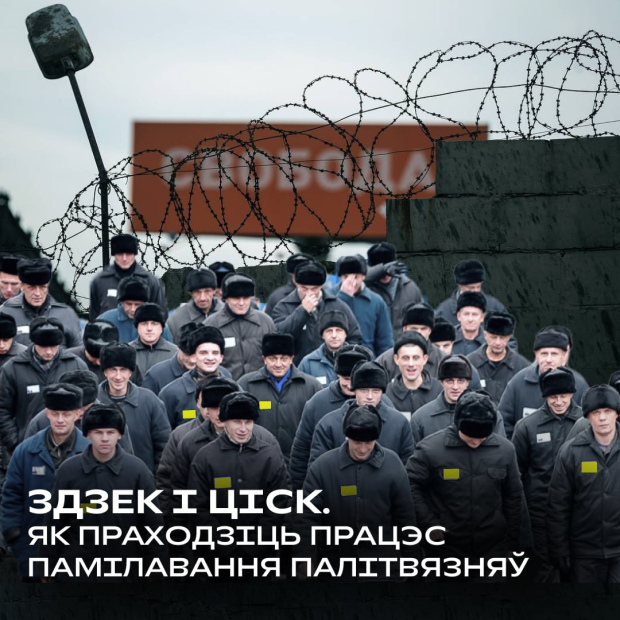There are already 22 known political prisoners who have been released under the pardon decree signed by Lukashenko on July 16, 2024. According to the decree, 30 individuals convicted on political grounds were supposed to be freed. How does the pardon process take place in the colonies? What do the pardoned individuals go through, and what happens to those who never make it to freedom?
Among those pardoned are Alla Zueva, Olga Stabrovskaya, Olga Novikova, Irina Sankovskaya and Ksenia Lutskina (Ksenia has a brain tumor), Ekaterina Lev, Tamara Karavai, and Svetlana Paluektava. They were serving their sentences in the women’s colony No. 4 in Gomel.
Vasily Berasnev was in correctional colony No. 15 in Mogilev, and Evgeny Chumila — in correctional colony No. 17 in Shklov. Pavel Kuchinsky was in the Republican Hospital at SIZO No. 1 in Minsk due to stage 4 lymphoma. It’s known that Pavel tried to submit a pardon request addressed to Lukashenko through the colony. The political prisoner was even transferred to the colony for a few days for this purpose, but in the end, when he was already being taken to the hospital, the document with the request was returned to him.
And although there are people with serious illnesses among those released, the interviewees we discussed the topic of release with agree on one thing: the release of these people is not an act of humanity by the bloody dictator.
And the proof of this is how the pardon process itself is conducted.
Special individuals, often a prosecutor, arrive at the colony and conduct interviews with those they believe are suitable for the general pardon.
"On the outside, this looks like an admission of guilt, a request for pardon addressed to Lukashenko, and possibly an informal agreement to participate in propaganda films," says Marina Kosinerova, co-founder of the initiative for monitoring and documenting human rights violations and supporting political prisoners within Belarus, Dissidentby.
Each colony head decides how the pardon process will be carried out internally, says BYSOL fund director Andrey Strizhak.
“We have information that they were offering to write pardon requests to people who had less than a year or even less than a month left to serve,” Strizhak explains. “And this really characterizes the Belarusian system. Statistically, you (the colony head) seem to have fulfilled what was required of you. But in reality, it didn’t significantly change the situation for people.”
For some political prisoners, the pardon process is simply harassment without the eventual release. "The dictator’s 'random' works in such a way that you can meet all the prosecutor’s conditions, but still be denied and not released," says Marina Kosinerova. "Such cases also exist."
Human rights defenders have documented that political prisoners are not just being released but are often coerced into writing pardon requests addressed to Lukashenko. This is happening in various detention facilities across the country. In July, "Viasna" reported that representatives of the Minsk prosecutor’s office came to Novopolotsk colony No. 1 every day, forcing political prisoners to write pardon requests.
Relatives of political prisoners receive calls from Yuri Voskresensky, who advocates for writing pardon requests. Voskresensky explains the conditions and circumstances of the pardon to them.
A large number of people refuse to participate in this dictator’s spectacle. They are then punished with solitary confinement (SHIZO) and threatened with Article 411 of the Criminal Code (providing for punishment for persistent disobedience to the demands of the correctional facility administration), which can add a year or a year and a half to their overall sentence. This information is confirmed by both Dissidentby and BYSOL.
These threats under Article 411 are one of the most unpleasant stories in the system, says Andrey Strizhak. "This is a special article used to keep someone from being released from prison. Even if you have already served your time, they invent violations, send you to solitary confinement, and add a year."
This is how an additional year was added to the sentences of Polina Sharenda-Panasyuk and Dmitry Dashkevich.
"The colony, with its authority, can severely ruin a person's life." Both during the sentence and in the process of pardoning.
- In July and August, several dozen political prisoners sentenced by the Lukashenko regime were released. To this day, neither the names of all those released nor their total number are known for certain. At the same time, while some are being released early, allegedly for humanitarian reasons, the regime is imprisoning others. In the coming days, we will present to you three articles in which we will try to understand, what is behind the amnesty process and how it affects the conditions and number of political prisoners in Belarus.
Among those pardoned are Alla Zueva, Olga Stabrovskaya, Olga Novikova, Irina Sankovskaya and Ksenia Lutskina (Ksenia has a brain tumor), Ekaterina Lev, Tamara Karavai, and Svetlana Paluektava. They were serving their sentences in the women’s colony No. 4 in Gomel.
Vasily Berasnev was in correctional colony No. 15 in Mogilev, and Evgeny Chumila — in correctional colony No. 17 in Shklov. Pavel Kuchinsky was in the Republican Hospital at SIZO No. 1 in Minsk due to stage 4 lymphoma. It’s known that Pavel tried to submit a pardon request addressed to Lukashenko through the colony. The political prisoner was even transferred to the colony for a few days for this purpose, but in the end, when he was already being taken to the hospital, the document with the request was returned to him.
And although there are people with serious illnesses among those released, the interviewees we discussed the topic of release with agree on one thing: the release of these people is not an act of humanity by the bloody dictator.
And the proof of this is how the pardon process itself is conducted.
Everything Looks "Pretty" on the Outside
Special individuals, often a prosecutor, arrive at the colony and conduct interviews with those they believe are suitable for the general pardon.
"On the outside, this looks like an admission of guilt, a request for pardon addressed to Lukashenko, and possibly an informal agreement to participate in propaganda films," says Marina Kosinerova, co-founder of the initiative for monitoring and documenting human rights violations and supporting political prisoners within Belarus, Dissidentby.
Pardoning Marginally Changes the Situation for Some People
Each colony head decides how the pardon process will be carried out internally, says BYSOL fund director Andrey Strizhak.
“We have information that they were offering to write pardon requests to people who had less than a year or even less than a month left to serve,” Strizhak explains. “And this really characterizes the Belarusian system. Statistically, you (the colony head) seem to have fulfilled what was required of you. But in reality, it didn’t significantly change the situation for people.”
Bulling Without Release
For some political prisoners, the pardon process is simply harassment without the eventual release. "The dictator’s 'random' works in such a way that you can meet all the prosecutor’s conditions, but still be denied and not released," says Marina Kosinerova. "Such cases also exist."
Sometimes There is Literal Coercion to Write a Pardon Request
Human rights defenders have documented that political prisoners are not just being released but are often coerced into writing pardon requests addressed to Lukashenko. This is happening in various detention facilities across the country. In July, "Viasna" reported that representatives of the Minsk prosecutor’s office came to Novopolotsk colony No. 1 every day, forcing political prisoners to write pardon requests.
Relatives of political prisoners receive calls from Yuri Voskresensky, who advocates for writing pardon requests. Voskresensky explains the conditions and circumstances of the pardon to them.
A large number of people refuse to participate in this dictator’s spectacle. They are then punished with solitary confinement (SHIZO) and threatened with Article 411 of the Criminal Code (providing for punishment for persistent disobedience to the demands of the correctional facility administration), which can add a year or a year and a half to their overall sentence. This information is confirmed by both Dissidentby and BYSOL.
These threats under Article 411 are one of the most unpleasant stories in the system, says Andrey Strizhak. "This is a special article used to keep someone from being released from prison. Even if you have already served your time, they invent violations, send you to solitary confinement, and add a year."
This is how an additional year was added to the sentences of Polina Sharenda-Panasyuk and Dmitry Dashkevich.
"The colony, with its authority, can severely ruin a person's life." Both during the sentence and in the process of pardoning.


 Continue
Continue
